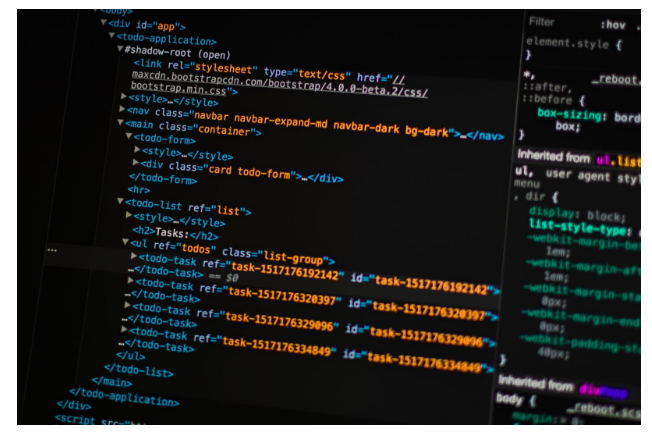11 May 2021
Last March 2020, a massive cyberattack compromised government agencies in the US and large corporations such as Microsoft and SolarWinds. The incident was a grim reminder that everyone was vulnerable to attacks from hackers and fraudsters globally.
While the Internet is a wonderful place brimming with knowledge, it can also become the breeding ground for individuals with malicious intent. Tech-savvy companies and organizations continually caution the public about cyberattacks and provide them with ways to protect themselves from fraudsters. However, how do you protect yourself when the attack comes from software you’ve always used and trusted?
The key to protecting yourself from software vulnerabilities lies in choosing the right software development vendor. However, there are several vendors in the market, each with its unique abilities and selling points.
How do you choose the best software development vendor if you want to protect yourself from software vulnerabilities? Read on to find out.
A Proven Track Record
The best way to check if a vendor is safe from cyberattacks is to check their history. Did they experience some form of a data breach or hacking issue in the past? Keep in mind, though, that everyone can become a target of cyberattacks. The 2020 malware even compromised Microsoft, one of the largest companies in the world.
What you should look for is how the company handled such problems. If a vendor learned from their vulnerabilities and strengthened their security because of the attack, then it’s a sign of a good software development vendor. Microsoft may have been a victim of the attack, but they were also instrumental in the dismantling of the malware months later.
What you should avoid are vendors who fall victim to cyberattacks repeatedly. It means that their security is weak, and they don’t make an effort to innovate and upgrade their security to prevent future attacks from happening.
Regular Testing For Common Software Vulnerabilities
Before software is released, it goes through a stringent quality assurance process to make sure it’s ready for launch. Beta testers are hired to mess around with the software and look for bugs.
Good vendors hire people to “hack” their software to ensure it’s free from common software vulnerabilities. This testing phase is done repeatedly to ensure a high-quality end product.
Usually, product launch delays or long development times are viewed negatively by end-users. However, this is a good sign. If your software development vendor continually delays launch because it wants to eradicate all bugs and vulnerabilities, it’s better than rushing to get an unpolished product launched.
Great Follow Through
For great software development vendors, the process doesn’t stop once the software is sold. No matter how rigorous your testing phase was, end-users will encounter bugs and errors in your software. Reputable vendors constantly release patches and updates that try to fix bugs and add new features.
Also, internet security is ever-changing. Hackers are getting more advanced in their methods, and software development vendors should be ready for it. Software that is considered secure now may not be secure tomorrow. Tudip provides extensive support and maintenance services to clients to troubleshoot common software problems and recommend solutions for the client’s future needs.
Conclusion
Companies and organizations can incur millions in damages due to data breaches and hacking. However, by choosing software development vendors that have rigorous testing phases not only pre-launch but also continually strengthen their security as a preventive measure, you can still win the battle against malware and viruses.
Suppose you are looking for a company that values security and data integrity. In that case, Tudip has an excellent track record when it comes to reinvention and innovation—two must-have qualities if you want to keep up with today’s fast-paced digital world.












